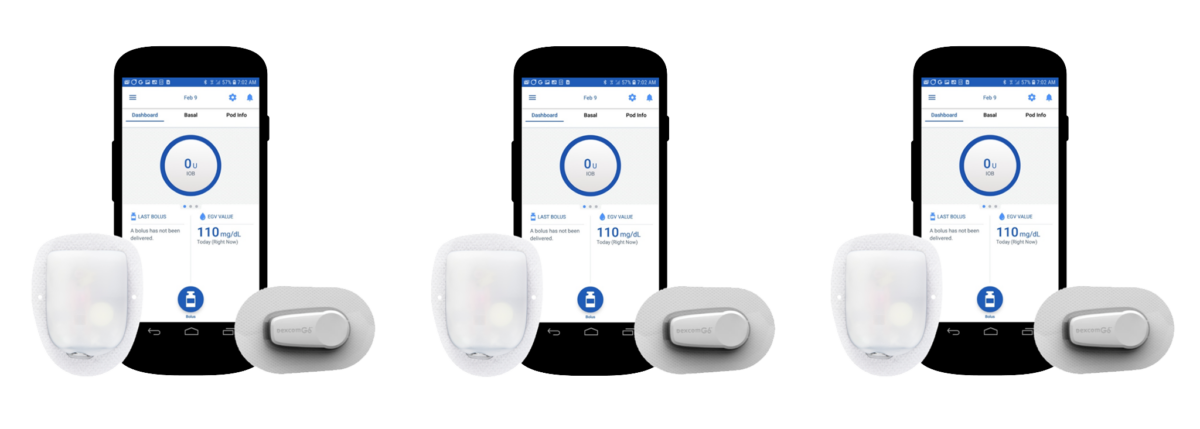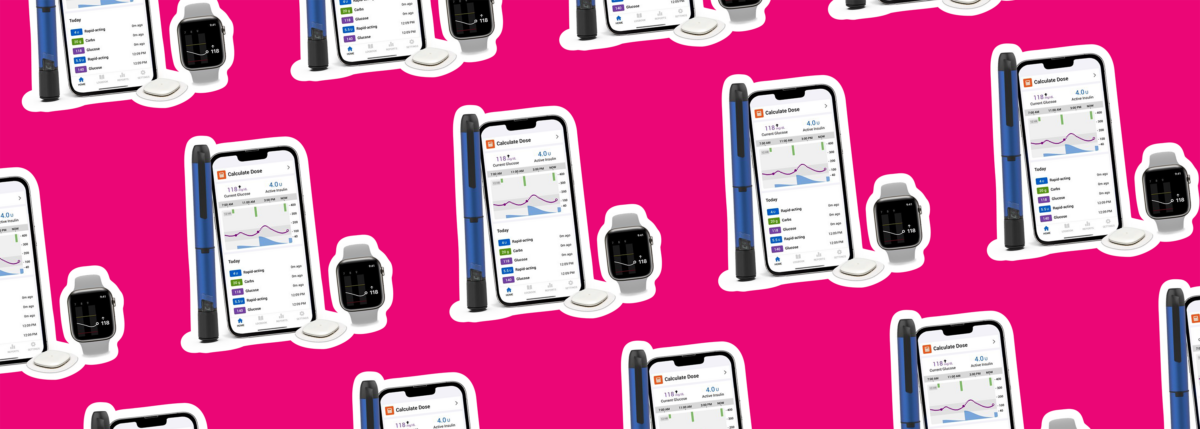A Second COVID-19 Booster Dose + The Latest Omicron Variant
Written by: Julia Flaherty
4 minute read
April 6, 2022
Keeping up with the latest COVID-19 shot and variant news can be difficult. Here’s what you should know about Omicron XE and a second booster!
On March 29, 2022, the U.S. Food and Drug Administration (FDA) authorized a second booster dose of the Pfizer-BioTech or Moderna COVID-19 vaccines for people who fit into specific categories. There are different regulations for each of these vaccines.
Who is eligible for a second COVID-19 booster dose?
Here are the eligibility categories the FDA has currently instated for the administration of a second booster dose of the Pfizer-BioTech and Moderna COVID-19 vaccines:
- Pfizer-BioTech or Moderna COVID-19 vaccines: Adults 50 years of age or older who received their first COVID-19 booster dose of any authorized or approved COVID-19 vaccine at least four months prior are eligible for this vaccine.
- Pfizer-BioTech COVID-19 vaccine: Children 12 years of age or older with certain kinds of immunocompromising conditions who received their first COVID-19 booster dose of any authorized or approved COVID-19 vaccine are eligible for this vaccine.
- Moderna COVID-19 vaccine: Adults 18 years of age or older with the same types of immunocompromising conditions who received their first COVID-19 booster dose of any authorized or approved COVID-19 vaccine at least four months prior are eligible for this vaccine.
“Current evidence suggests some waning of protection overtime against serious outcomes from COVID-19 in older and immunocompromised individuals…a second booster dose of either the Pfizer-BioNTech or Moderna COVID-19 vaccine could help increase protection levels for higher-risk individuals,” explained Peter Marks, M.D., Ph.D., director of the FDA’s Center for Biologics Evaluation and Research.
At this time, advisories for people who fall into other categories that are not listed within this article remain the same. This means if you do not fall into these categories, you are not currently eligible for a second booster dose of the COVID-19 vaccines mentioned above. Unlisted vaccines are not FDA-approved as a second booster dose.
Am I immunocompromised if I have diabetes?
Though type 1 diabetes (T1D) is an autoimmune disease, you aren’t typically considered immunocompromised as a person with T1D unless you take certain medications that slow down your immune system. Immunocompromised is a broad term that means your immune system isn’t working, typically when fighting off infection. An autoimmune disease signals a reactive immune system, rather than a weak one.
However, elevated A1c levels may lead to a higher risk of serious infection if you contract COVID-19. You may be eligible for a booster dose as a person with type 1 or type 2 diabetes if you experience frequent hyperglycemia (high blood sugar). According to recent research, chronically high blood sugar levels—180 to 200 mg/dL, or 10 to 11.1 mmol/L or higher—can weaken your immune system’s ability to control the spread of invading pathogens, like the COVID-19 virus. Gestational diabetes may also put you in a higher risk category—making you eligible for a second booster dose.
Many factors determine your risk that typically goes beyond simply having type 1 or type 2 diabetes. Immunocompromisation should be evaluated case by case. Everyone with diabetes has unique circumstances, so determinations will vary.
If you are unsure if you are immunocompromised, the Centers for Disease Control and Prevention (CDC) provides information on who is considered immunocompromised for COVID-19 booster eligibility here.
Consult your healthcare team to determine your eligibility for a second booster dose and schedule your appointment.
Should I worry about Omicron XE?
In addition to a second booster dose of COVID-19, news of a new variant has flooded social media feeds and search engines. It’s only natural to worry when information about a new variant emerges. The latest one you may have heard about is the recombinant Omicron XE.
In this case, the term “recombinant” means the variant has derived from two significant strains. Health authorities in the United Kingdom are monitoring it closely and say there is currently no cause for alarm. Scientists will assess it more deeply if it continues to spread.
According to the World Health Organization (WHO): “There has been no new evidence to indicate that this recombinant variant poses a public health risk.”
As more news about COVID-19 variants and booster shots emerge, continue to monitor your mental health.
While overall pandemic news has died down from the very start of COVID-19, the reality is that we are still in a pandemic, and we shouldn’t ignore the effect it continues to have on mental health. If you need mental health resources as a person with diabetes, you are not alone.
Click here to get support.

Author
Julia Flaherty
Julia Flaherty is a published children’s book author, writer and editor, award-winning digital marketer, content creator and type 1 diabetes advocate. Find Julia’s first book, “Rosie Becomes a Warrior.” Julia finds therapy in building connections within the diabetes community. Being able to contribute to its progress brings her joy. She loves connecting with the diabetes communities, being creative and storytelling. You will find Julia hiking, traveling, working on her next book, or diving into a new art project in her free time. Connect with Julia on LinkedIn or Twitter.
Related Resources

Already compatible with Dexcom’s G6 and G7 continuous glucose monitors (CGMs), the Omnipod 5 Automated...
Read more

The younger a person is diagnosed with type 2 diabetes, especially those with obesity, the...
Read more

The Oura Ring, which tracks things like sleep, heart rate, and activity, is joining forces...
Read more

